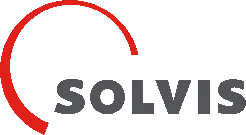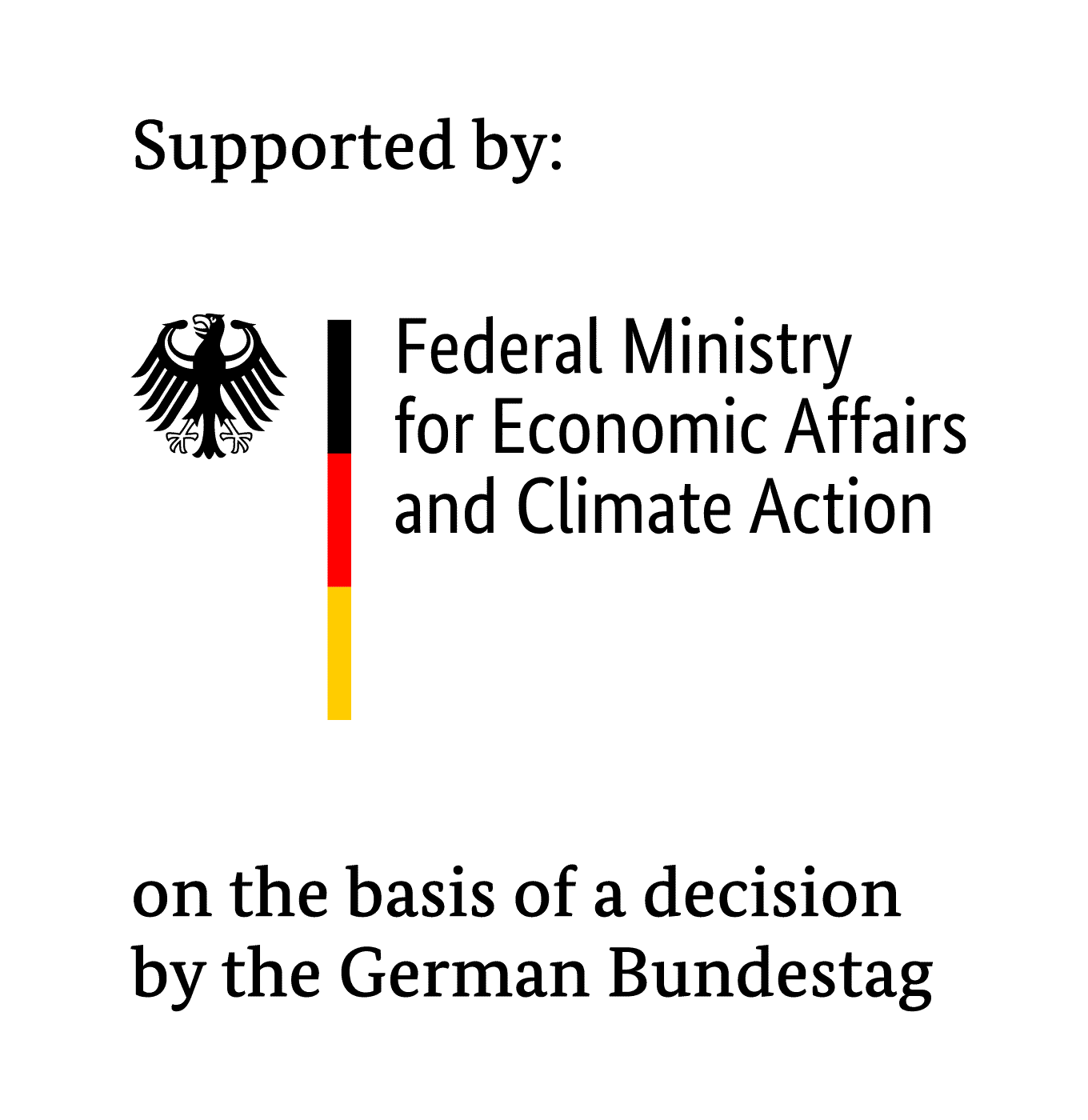
Analysis and development of necessary measures for lowering the domestic hot water temperature in low-temperature supply systems
Contact
Carsten Lampe, Dipl.-Ing.
Tel.: +49 (0)5151-999 522
E-Mail: lampe@isfh.de
The project “Trans2NT-TWW” addresses these opportunities and challenges. The identification and analysis of necessary measures for the targeted reduction of the domestic water temperature in order to hygienically ensure the increased use of regenerative-based domestic water heating in low-temperature systems is the core objective of the four-year project. Due to the potential energy savings and the possibility of coupling with low-temperature systems, the focus of the investigations is mainly on decentralized domestic water heaters in different system configurations.
The project is divided into three phases. The first phase includes a simulation study of practically relevant systems for decentralized domestic water heating. Selected transformation measures of centralized and decentralized supply systems are compared. A multi-criteria analysis allows the evaluation of the simulation results on the basis of technical, economic and ecological parameters. The verification of the practical suitability is part of the second phase. For this purpose, representative demonstration buildings will be equipped with measurement technology and monitored over a period of 2 years. Of particular interest are the transformation-related energy savings and the hygienic quality of the drinking water. The third phase serves to create a guide-line, which contains an evaluation matrix with all relevant evaluation aspects. On the basis of this, different user groups are to be supported in selecting individually suitable low-temperature systems for hygienic domestic water heating. The project itself and the guide continue to serve the dissemination of hygienically safe low-temperature systems and generally improve the normative framework of the recognized rules of technology.
Joint partner
Fraunhofer Institute for Energy Economics and Energy System Technology (Coordinator), Königstor 59, 34119 Kassel, Germany

IWW Rheinisch-Westfälisches Institut für Wasserforschung gemeinnützige GmbH, Moritzstraße 26, 45476 Mülheim an der Ruhr, Germany

Solvis GmbH, Grotrian-Steinweg-Straße 12, 38112 Braunschweig, Germany

DME Consult GmbH, Kufsteiner Straße 103, 83026 Rosenheim, Germany

Project partners associated with ISFH
Delta Systemtechnik GmbH / KaMo GmbH, Max-Planck-Straße 11, 89584 Ehingen, Germany

Taconova Group AG, Neunbrunnenstrasse 40, 8050 Zürich, Switzerland

Duration
01.01.2021 – 31.07.2025
Funding
The project „Joint project EnOB: Trans2NT-TWW – Analysis and development of necessary measures to reduce the domestic hot water temperature in low-temperature supply systems – Subproject: Validation and energetic evaluation of concepts by laboratory measurement, field measurement and dynamic system simulation“ underlying this publication is funded by the German Federal Ministry of Economy and Climate Action (reference number 03EN1027C) based on a decision of the German Parliament. The authors alone are responsible for the content of this publication.


